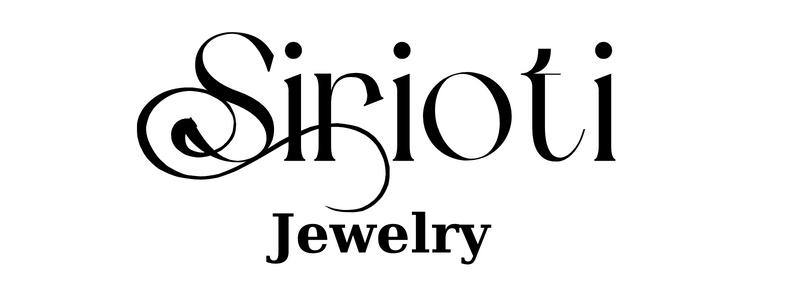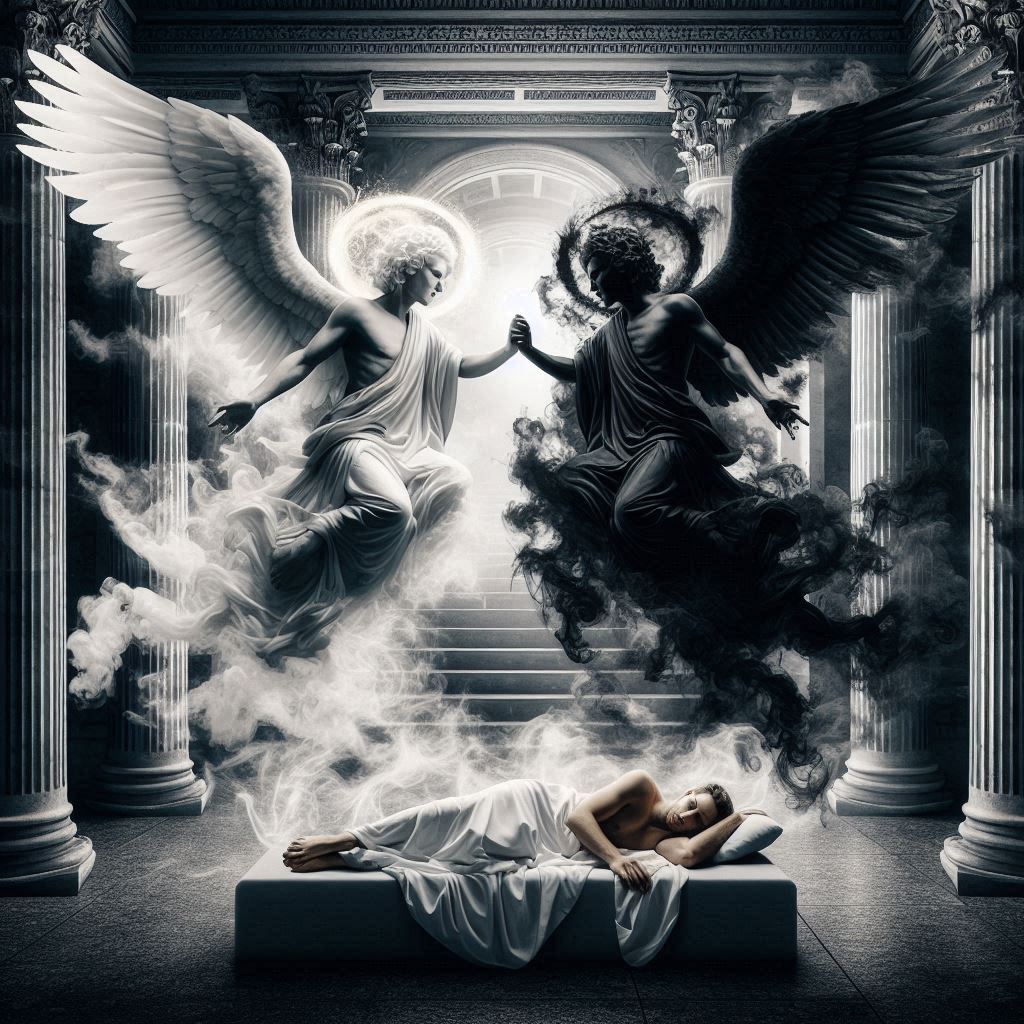Table of Contents
- Introduction
- The Origins of Hypnos and Thanatos
- Hypnos: The Gentle God of Sleep
- The Children of Hypnos
- Thanatos: The Inevitable God of Death
- The Children of Thanatos
- Family Relations and Connections
- Role in Mythology
- Conclusion
Introduction
In the vast pantheon of Greek mythology, few figures are as intriguing and interconnected as Hypnos and Thanatos. These twin gods represent two of the most fundamental aspects of human existence: sleep and death. In this blog post, we'll explore their origins, roles, relationships, and their children, diving deep into the myths that surround these fascinating deities.
The Origins of Hypnos and Thanatos
The story of Hypnos and Thanatos begins with their parents. They are the sons of Nyx, the primordial goddess of night, and Erebus, the personification of darkness. Born from the very essence of the night, these twins embody the natural cycles that govern life—rest and the inevitable end.

Hypnos: The Gentle God of Sleep
Hypnos, the god of sleep, is often depicted as a gentle, winged figure who brings rest to mortals and gods alike. He dwells in a dark cave where the sun never shines, surrounded by poppies and other sleep-inducing plants. Hypnos is known for his ability to soothe and calm, allowing for restful slumber. In mythology, he plays a crucial role in several stories, including the famous episode during the Trojan War where he helps Hera put Zeus to sleep.
The Children of Hypnos
Hypnos is often associated with fathering several deities who are personifications of different types of dreams. The most notable of his children include:
- Morpheus: The god of dreams who has the ability to take any human form within a dream. Morpheus is the most prominent of Hypnos' children and plays a significant role in delivering messages from the gods to mortals through dreams.
- Phobetor (or Icelus): The god of nightmares, who appears in dreams as animals or monsters, bringing terrifying visions to those who sleep.
- Phantasos: The god of surreal dreams, often appearing in dreams as inanimate objects or strange, non-human forms.
Thanatos: The Inevitable God of Death
Thanatos, the personification of death, is often depicted as a stern, winged figure, sometimes holding a sword or an extinguished torch. Unlike his brother Hypnos, who brings peaceful rest, Thanatos represents the final, inescapable end of life. However, in many myths, Thanatos is portrayed as a relatively benign figure, carrying souls to the underworld with a sense of inevitability rather than malice.
The Children of Thanatos
Unlike Hypnos, Thanatos does not have many well-known children in Greek mythology. However, in some versions of mythological traditions, he is linked to the following figures:
- Macaria: In some accounts, Macaria is considered a daughter of Thanatos. She is the goddess of blessed death, often associated with a peaceful and honorable passing.
Family Relations and Connections
Hypnos and Thanatos are part of a larger family of deities connected to the night and darkness. Their mother, Nyx, is a powerful and mysterious goddess who gave birth to many other personifications of natural phenomena, including Moros (Doom), the Moirai (Fates), and the Oneiroi (Dreams). Hypnos is also said to be the father of Morpheus, the god of dreams, who can shape and create dreams that reflect human forms.
Role in Mythology
Hypnos and Thanatos appear in several key myths. One of the most notable is the story of Sarpedon, a hero of the Trojan War. After Sarpedon is killed, Zeus orders Hypnos and Thanatos to transport his body back to his homeland of Lycia. This act highlights the close relationship between sleep and death, with Hypnos and Thanatos working in tandem to fulfill their divine duties.
Conclusion
Hypnos and Thanatos, as twin gods of sleep and death, represent two sides of the same coin in Greek mythology. While Hypnos provides the necessary rest that sustains life, Thanatos ensures the natural conclusion of that life. Their children, like Morpheus and Macaria, further expand the themes of sleep, dreams, and death, contributing to the rich tapestry of Greek mythological tradition. Together, they remind us of the delicate balance between existence and the inevitable end, a theme that resonates deeply in the myths of ancient Greece.
Interested in Greek mythology and history? Click here


